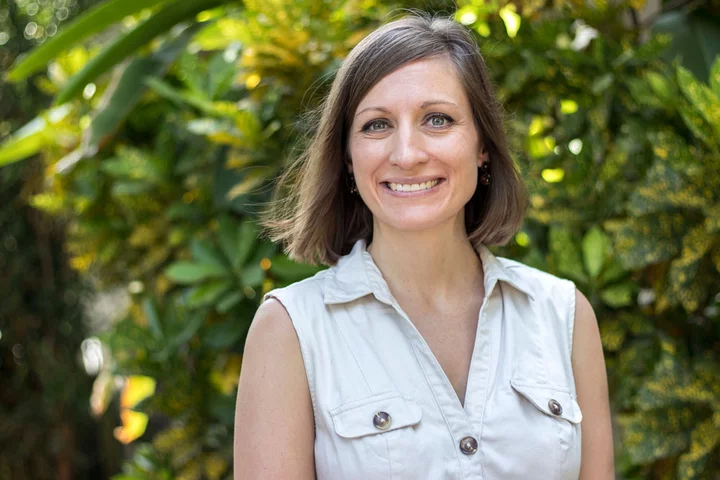Sabrina Ally Mohammed is a mother of four living in a rural village in Zanzibar. She delivered her first three children at home, without the presence of a skilled birth attendant. In 2018, during her fourth pregnancy, she met Mashaka Peter, a Community Health Volunteer with the Safer Deliveries program.
Mashaka registered Sabrina into the program and the Safer Deliveries mobile app guided him to provide counseling and advice for Sabrina. Together they reviewed her obstetric history and developed a tailored birth plan, engaging her husband in the planning, supporting her to save money for her delivery costs and linking her with a community taxi for the transport to the clinic for delivery. At the end of each visit, the app enabled Mashaka to schedule the next visit at specified times throughout Sabrina’s pregnancy.
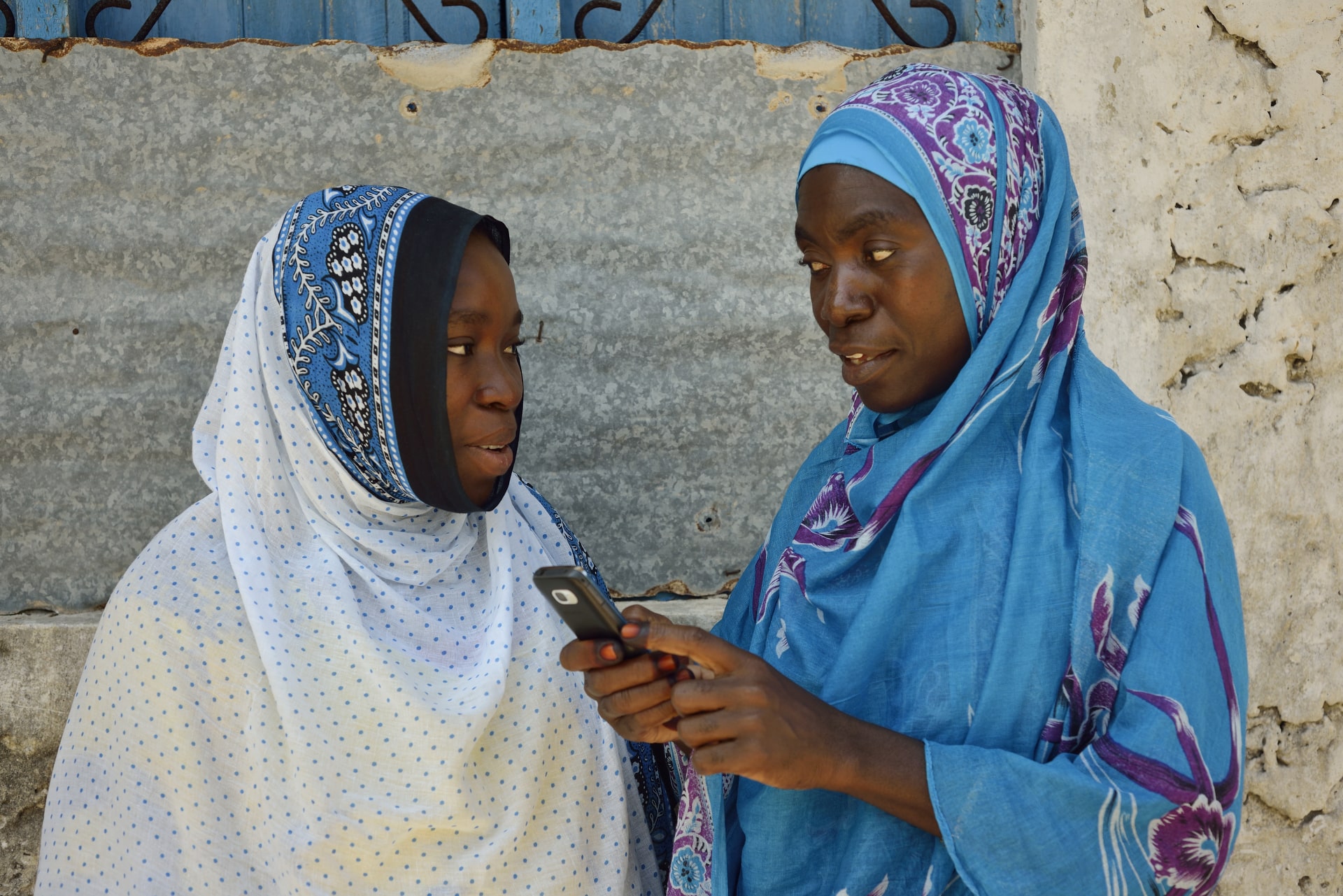
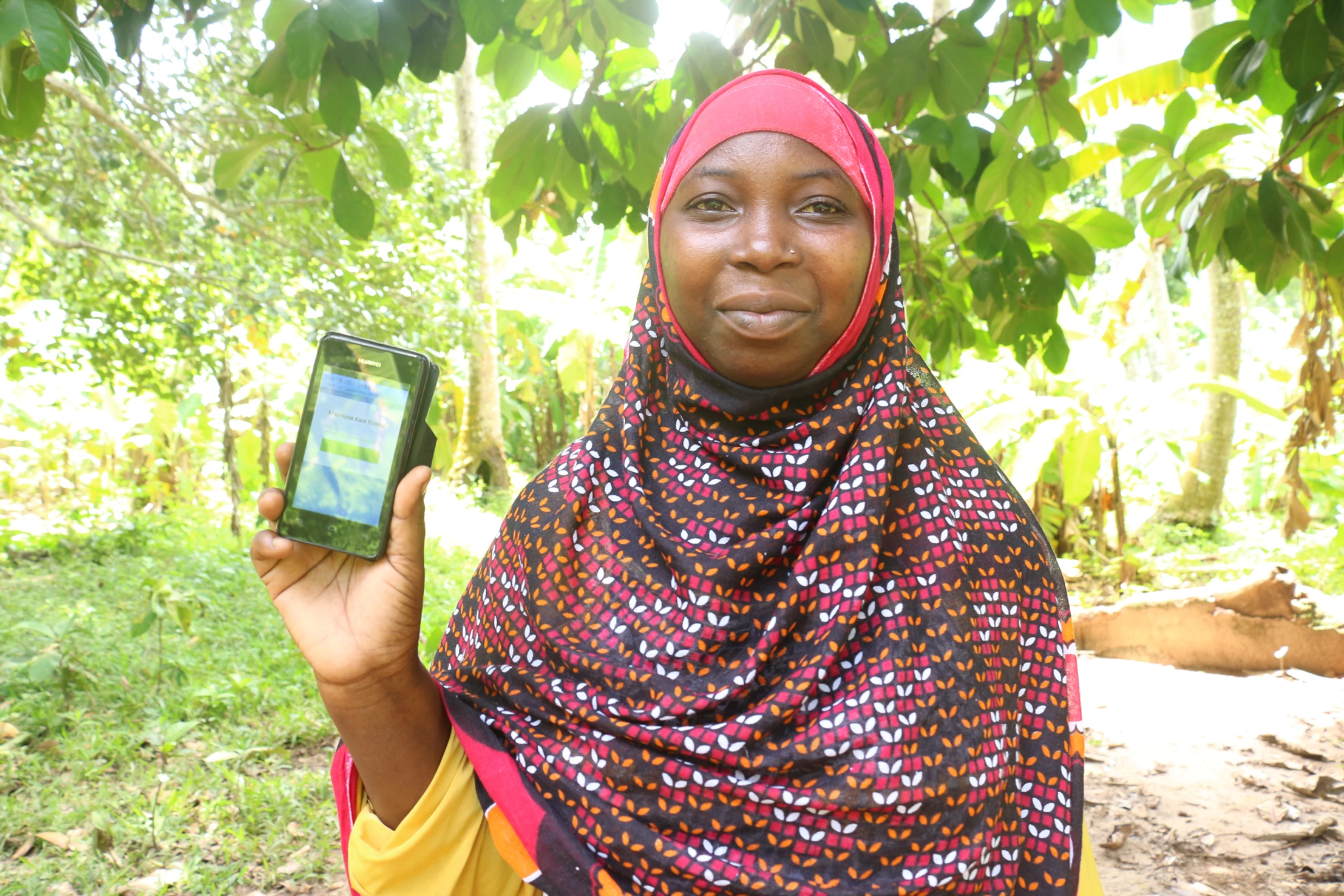
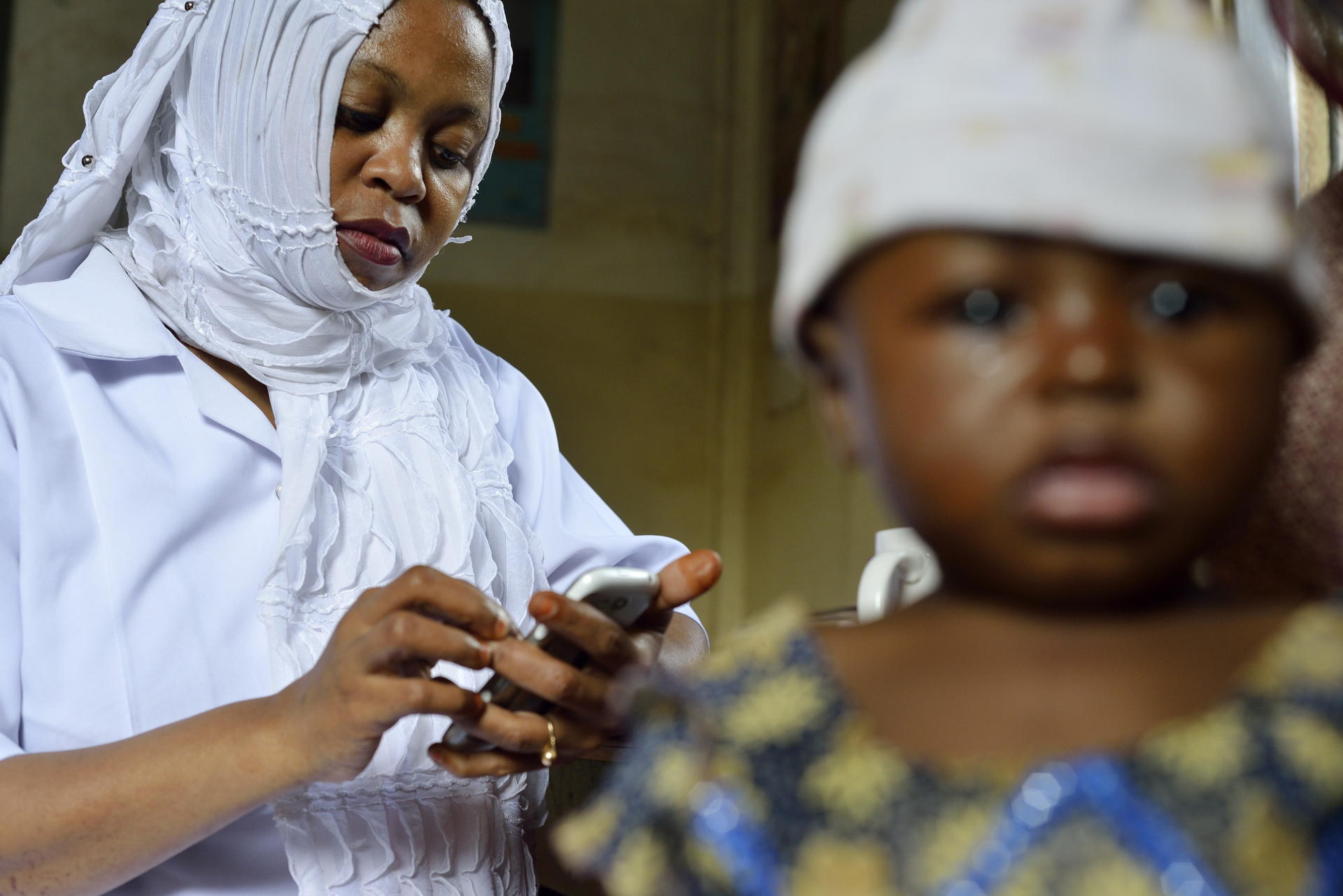
During one of these visits with Sabrina, Mashaka identified that Sabrina had swollen feet. The Safer Deliveries App alerted him that this was a danger sign and prompted him to counsel Sabrina to go immediately to a health facility for medical care. At the facility, nurses discovered that Sabrina was hypertensive and referred her to the national hospital for delivery. Because of the support she received from her Community Health Volunteer and because of the support Mashaka received from the Safer Deliveries App, Sabrina received timely medical care that may have saved her life.
Since 2011, D-tree’s Safer Deliveries program has supported nearly 50,000 women in Zanzibar like Sabrina to receive timely and appropriate antenatal care, deliver in health facilities, and receive postpartum care after birth. The program empowers Community Health Volunteers like Mashaka with digital tools, which guide and structure the care and advice they provide to their clients. This helps to ensure that pregnant women and their families receive comprehensive home visits during their pregnancies and get linked to health facilities, and helps collect important data about the quality of care at health facilities. The tools also connect Community Health Volunteers to the broader health system and establish a level of professionalism in their work, which is motivating.
We have consistently seen 50% increases in facility deliveries and 4-fold increases in postpartum follow-up visits since the program began as a small pilot in 2011. The program has now grown to near-national scale supporting approximately 80% of pregnant women in 10 out of 11 districts in Zanzibar with support from the Saving Lives at Birth Grand Challenge. Today, the system is widely used throughout Zanzibar by 400 Community Health Volunteers, 60 Supervisors and every District Health Management Team.
Building on the success of the Safer Deliveries program, I am thrilled to announce that D-tree has been awarded more than US$ 6 million over the next three years to expand and scale up our digital community health platform, while working closely with the Ministry of Health to integrate digitally-enabled community health workers into the government system. Details of the program are explained in this press release. With generous support from Fondation Botnar and the Human Development Innovation Fund (HDIF), we will be working collaboratively with the government and other partners to re-design the digital tools to incorporate comprehensive services for maternal and child health, support the Ministry to update their community health strategy, and roll out this system to more than 2,000 community health volunteers in Zanzibar, representing full national scale. This program will support all families in Zanzibar and, as a by-product of the care given, provide population-level data to improve decision-making and planning for the Ministry of Health.
This announcement comes at a time when support for national digitally-enabled community health worker programs is gaining traction. Recently, the Audacious Project announced an investment of $50 million to support Living Goods and Last Mile Health to support governments in six countries to engage 50,000 community health workers with digital tools, supported by the Skoll Foundation, Children’s Investment Fund Foundation and Virgin Group. Governments are developing national digital health strategies and outlining their plans to expand the use of digital tools in primary healthcare delivery. At D-tree International, we see our role as a facilitator in this growth; applying more than 15 years of experience implementing digital health systems to supporting governments and NGO partners to develop and sustain effective digital health systems.
We have been fortunate to have a strong partnership with the Ministry of Health for the past 7 years and have co-designed the system alongside Ministry stakeholders. One of our close partners is Dr. Fadhil Abdalla, Director of Preventive Services at the Zanzibar Ministry of Health. Speaking about this partnership, he said:
“The Ministry of Health is pleased to continue our long-term partnership with D-tree International to scale up this innovative digital community health program, which has already shown the potential to improve the lives of women and children in Zanzibar, support affordable collection of data and strengthen referrals systems to reduce delays causing maternal and child deaths.”
Earlier this week, I attended a Quarterly Review Meeting with about 40 members of the Zanzibar Ministry of Health and District Health Management Teams (DHMT) in Stone Town. After a lively discussion about the project overall, each DHMT in turn described how they are using data from the Safer Deliveries program dashboard in their decision-making. One by one, each of the 5 districts represented at the meeting identified health system challenges such as disrespectful care during delivery, payment for antenatal services and home deliveries. Then, they outlined the action they had taken to address these issues. Finally, they presented a slide showing program dashboard data from the most recent quarter – i.e. after their interventions had taken effect – which showed improved outcomes based on the work they had done.
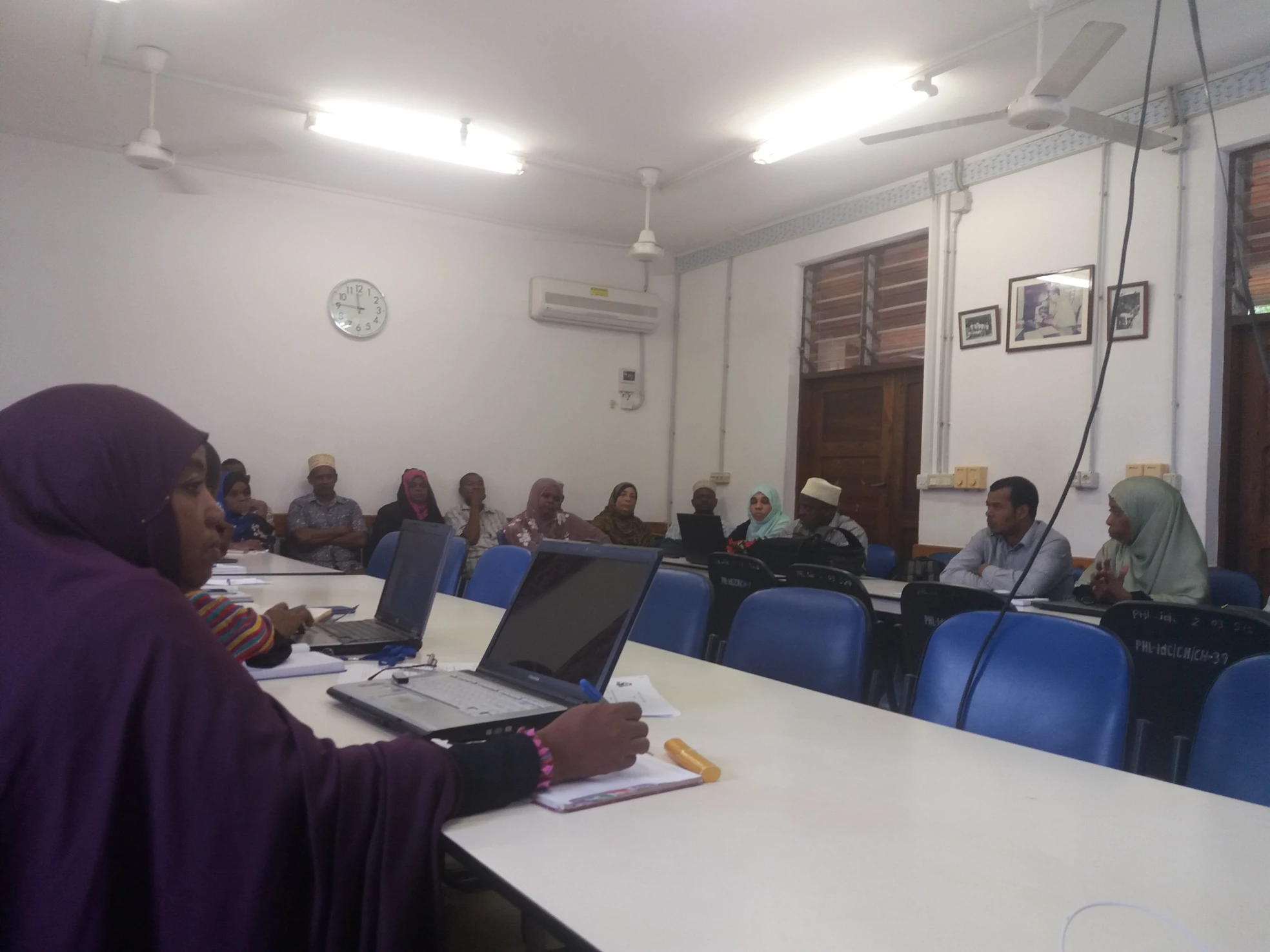
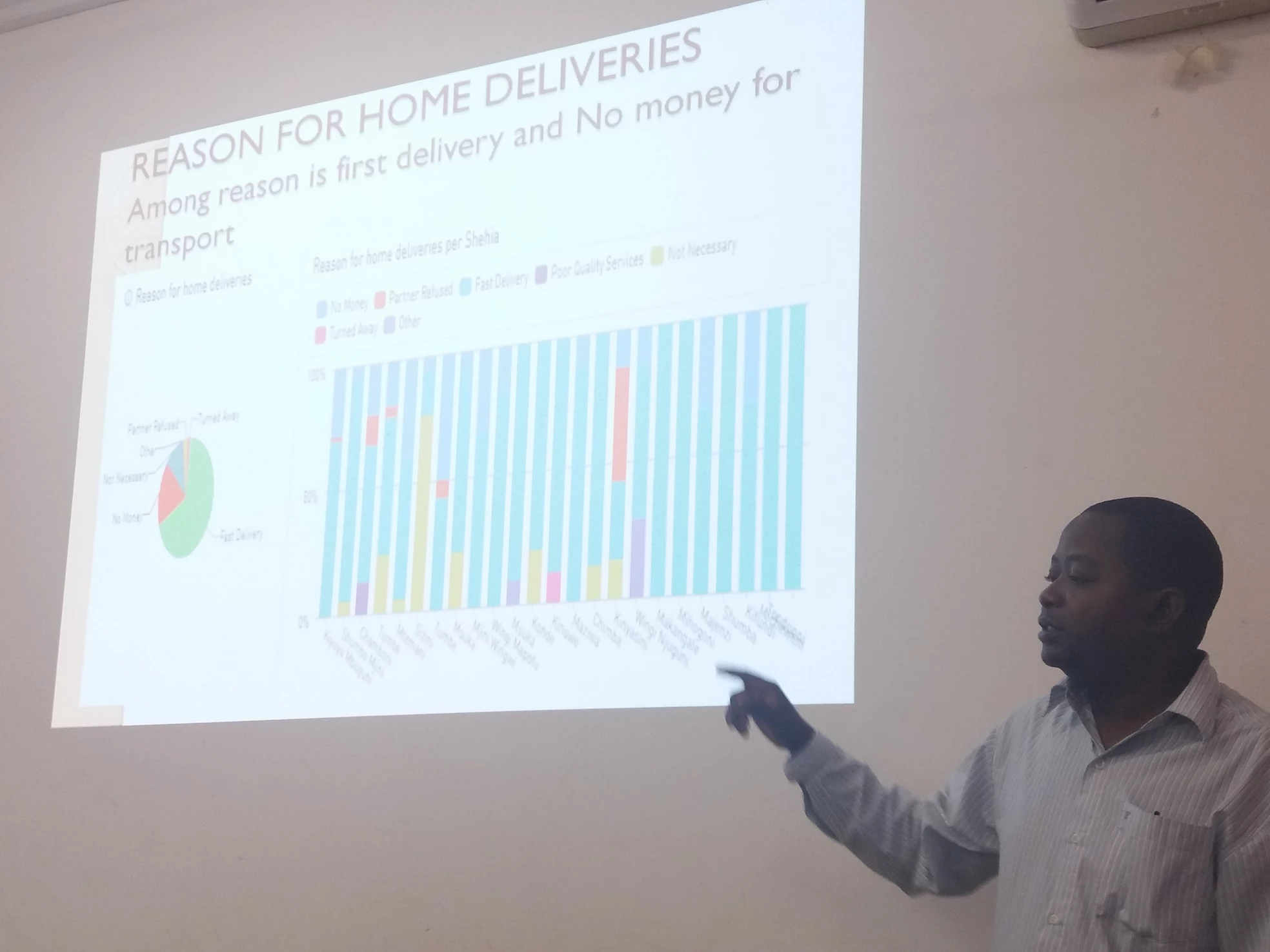
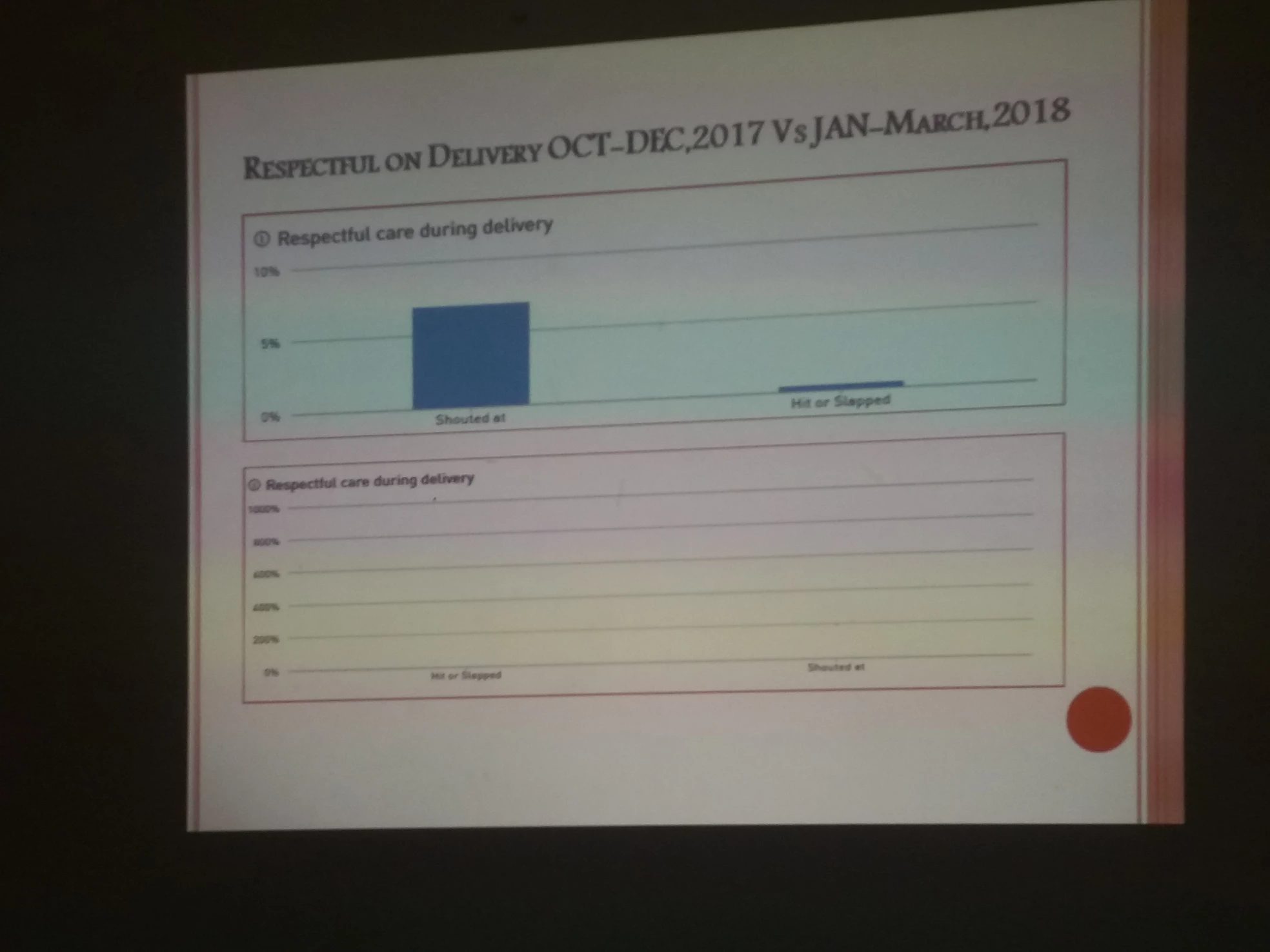
This experience was a great reminder of the incredible value of the Safer Deliveries program and digitally-enabled community health systems broadly. Not only are women like Sabrina receiving excellent structured care at their doorsteps, but the Zanzibar government is actively using real-time data to create action plans and monitor data to achieve real health impact at a population level. We are thrilled to have the opportunity to continue our engagement with the Zanzibar Ministry of Health to expand this digital platform to provide comprehensive community health services at full national scale which has the potential to truly transform healthcare delivery and decision-making in Zanzibar. We look forward to continued engagement through this journey and to applying our experiences in Zanzibar to support scale-up of national systems in other locations.
Watch Sabrina’s story and more about the Safer Deliveries program in our new video here:
